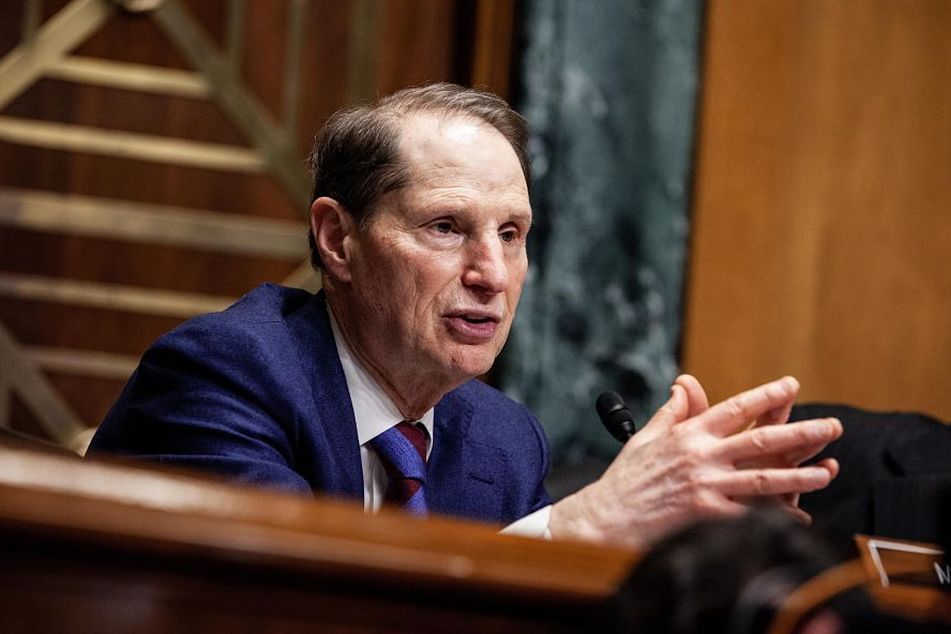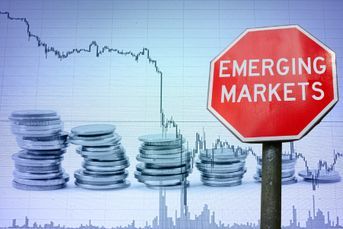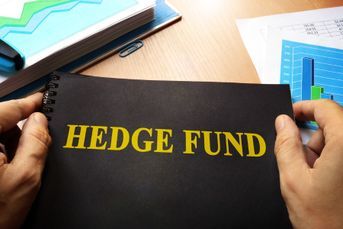Top Democrat proposes revival of plan to eliminate capital gains loopholes
 Senator Ron Wyden, a Democrat from Oregon and ranking member of the Senate Finance Committee, speaks during a hearing with Robert Lighthizer, U.S. trade representative, not pictured, in Washington, D.C., U.S. Photographer: Anna Moneymaker/Bloomberg
Senator Ron Wyden, a Democrat from Oregon and ranking member of the Senate Finance Committee, speaks during a hearing with Robert Lighthizer, U.S. trade representative, not pictured, in Washington, D.C., U.S. Photographer: Anna Moneymaker/Bloomberg
Plan would require wealthy investors to pay capital gains tax on appreciation of their assets each year.
The top Democrat on the Senate Finance Committee, Ron Wyden, is reviving a plan that would tax wealthy individuals annually on their investments, instead of when those assets are sold.
(More: Financial advisers take issue with Democratic plans to tax the rich)
The plan represents a fundamental change to the timing of capital gains taxation — it would require wealthy investors to pay the capital gains tax on the appreciation of their assets each year, rather than paying the capital gains tax once when they sell an asset.
The proposal, which is unlikely to become law while Republicans control the Senate and White House, is likely to be discussed by Democratic presidential hopefuls ahead of the 2020 elections.
“This eliminates serious loopholes that allow some to pay a lower rate than wage earners, to delay their taxes indefinitely, and in some cases, to avoid paying tax at all,” Mr. Wyden said in a statement Tuesday.
Mr. Wyden’s overhaul of the capital gains taxation system is frequently called “mark-to-market” taxation in policy circles. The Oregon Democrat has introduced similar proposals for several years and it was briefly discussed during the 2017 Republican tax overhaul, but ultimately wasn’t included because of the complicated nature of how to structure such a plan.
(More: Trump touts advantages of capital gains break, but experts aren’t convinced)
Mr. Wyden’s proposal comes as the Democrats are envisioning new ways to tax the rich ahead of the 2020 presidential election. One hopeful, Senator Elizabeth Warren, has proposed an annual 2% wealth tax on households worth more than $50 million. Other contenders, including Senators Bernie Sanders and Kamala Harris, have backed expanding the estate tax as a way to pay for social programs.
“Mark-to-market would certainly increase the tax liability on the wealthiest,” Kyle Pomerleau, an economist at the conservative Tax Foundation, said in an email.
And Steve Wamhoff, the director of federal tax policy at the left-leaning Institute on Taxation and Economic Policy, said the bill “would certainly slow down the ability of billionaires to accumulate massive fortunes very rapidly.”
Capital gains represent a significant portion of the money earned by the wealthiest households, compared to lower-income taxpayers. Sales of capital assets accounted for 55.1% of income for the top 0.001% of taxpayers while only accounting for 6.1% of income for all returns, according to IRS analysis of 2016 tax data.
Mr. Wyden’s proposal would reduce income inequality, but it would also dampen investors’ incentive to save, said Alan Viard of the American Enterprise Institute. That in turn could reduce the supply of capital and drive down investments, he said.
(More: Where does the proposed indexing of capital gains leave retirement accounts?)
Mr. Wyden said he would explain in the coming weeks how he plans to structure the tax. He doesn’t say how much money the proposal could raise.
David Miller, a tax lawyer at law firm Proskauer Rose, estimates that a mark-to-market system on a small fraction of the top 1% could raise hundreds of billions of dollars of new revenue over a decade.
Learn more about reprints and licensing for this article.








